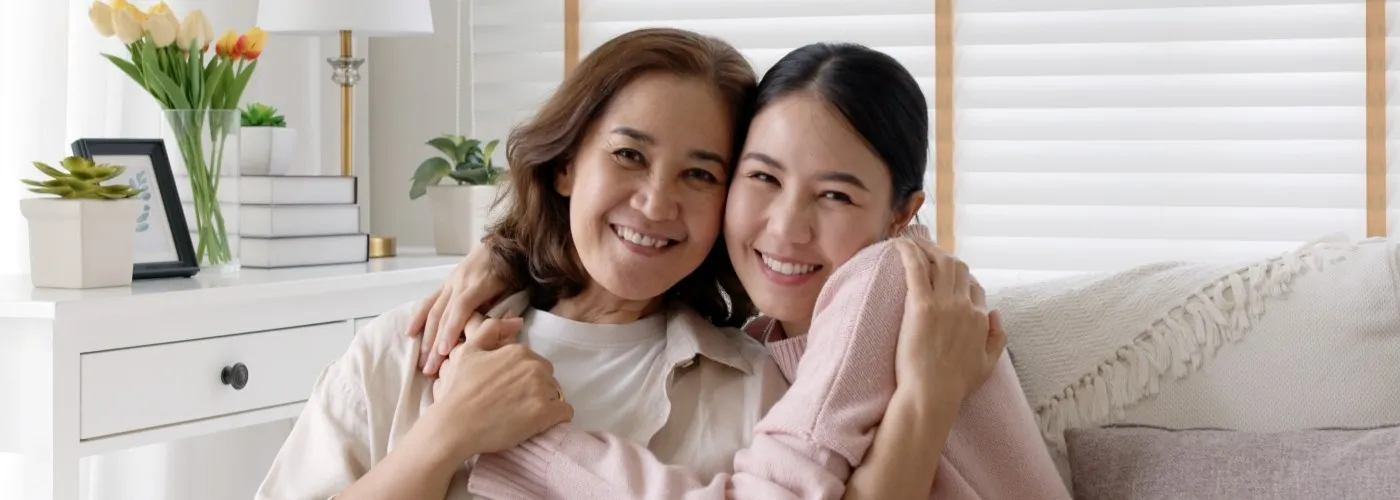Topics
Chronic pelvic pain is a prevalent yet constantly misunderstood condition affecting many women, causing them to experience discomfort, emotional distress, and disruptions in everyday life. Defined as pelvic pain persisting for six months or beyond, it can be caused by various factors, spanning from reproductive health issues to gastrointestinal or urinary tract problems. Knowing and understanding these causes are important in offering effective treatments. In this article, we will go through the possible causes of chronic pelvic pain and how Gleneagles Hospitals, a trusted medical facility, can aid women in managing this condition.
Endometriosis is a Cause: Yes or No?
Endometriosis, a condition in which tissue like the uterus lining grows outside of it, usually on the ovaries, fallopian tubes, or the pelvis lining, is one of the most common causes of chronic pelvic pain in women. During the menstrual cycle, this misplaced tissue reacts to hormonal changes and causes the woman to experience inflammation, pain, and occasionally scarring. Women with endometriosis constantly go through pelvic pain that worsens during their menstrual cycle or intercourse.
Endometriosis is known for causing women to experience great discomfort, which includes symptoms such as serious menstrual cramps, pain during or after intercourse, and chronic pelvic pain that lasts throughout the month. The pain can differ in intensity, and some women may be infertile due to scarring in their pelvic region.
Is it True that Ovarian Cysts Cause Chronic Pelvic Pain?
Ovarian cysts are fluid-filled sacs forming on the ovaries and are somewhat common among women of reproductive age. Bigger cysts or those that rupture can lead to notable pelvic pain even though many ovarian cysts are asymptomatic. This type of pain can be abrupt, feel like a stabbing sensation, and may be accompanied by symptoms such as nausea, vomiting, and menstruation changes. Ovarian cysts in most cases resolve by themselves, but some women may need treatment if the cyst is big or causes constant pain.
Can Fibroids also be a Cause?
Uterine fibroids are growths in or near the uterus that are non-cancerous. These fibroids can lead to pelvic pain, specifically when they pressurise surrounding organs. Woman with fibroids may go through heavy flows during their menstrual cycle, lower back pain, and pelvic pressure or pain.
Fibroids differ in size, and not all women with fibroids go through symptoms. If fibroids do cause pain or discomfort, the treatments for them include medications or surgical procedures such as myomectomy or hysterectomy.
Is it True that Bladder Conditions Contribute to Chronic Pelvic Pain?
Interstitial cystitis (IC) or urinary tract infections (UTIs) are bladder conditions that can also lead to women experiencing chronic pelvic pain, known as painful bladder syndrome, resulting in bladder pressure and pain that can travel to the pelvic region. UTIs are common and can cause pelvic discomfort, together with constant urination and a burning feeling. Chronic bladder conditions can notably affect everyday activities and cause ongoing pelvic pain. An actual diagnosis is important for managing these conditions successfully.
Can Chronic Pelvic Pain be Caused by Musculoskeletal Issues?
Pelvic pain may not constantly be associated with reproductive or urinary health; it can be a result from musculoskeletal issues as well. A condition called pelvic floor dysfunction where the muscles supporting the pelvic organs do not function normally, can cause chronic pelvic pain. This dysfunction may be the result of trauma, childbirth, or injury to the pelvic muscles. Musculoskeletal pelvic pain treatment types usually involve physiotherapy, changes in lifestyle, and occasionally surgical intervention.
Do Psychological Factors Lead Up to Chronic Pelvic Pain?
Psychological factors such as stress, anxiety, or depression can also worsen chronic pelvic pain. Women going through chronic pelvic pain may realise that their emotional health is linked to their physical symptoms, diving into a cycle of pain and distress. This aspect of pelvic pain can be managed through psychological counselling and stress management techniques.
Frequently Asked Questions (FAQs)
1. What are the common treatments for women experiencing chronic pelvic pain?
Pain relief medication, hormonal therapy, physical therapy, and in certain cases, surgery, are treatment options for women with chronic pelvic pain. Consulting a doctor at Gleneagles Hospitals can aid in deciding the most optimal approach based on what causes the pain.
2. Can fertility be affected by pelvic pain?
Yes, it can. Endometriosis and pelvic inflammatory disease (PID) are conditions that can cause scarring, leading to fertility issues. Fertility outcomes can be improved by early diagnosis and treatment.
3. Is chronic pelvic pain associated with menstruation?
Chronic pelvic pain, in many cases, is linked to menstruation, specifically in conditions such as endometriosis or fibroids, which both cause pain during menstruation.
4. Can pelvic pain be caused by stress?
Yes, chronic pelvic pain can be worsened by stress. Stress management techniques such as therapy or meditation may help soothe symptoms.
5. How is it possible to diagnose pelvic pain?
A combination of medical history review, physical examinations, imaging tests, and occasionally laparoscopy are usually involved in a diagnosis. Gleneagles Hospitals offers diagnostic services to determine the root causes of pelvic pain. Your chances of recovery can notably improve through early intervention.
Schedule an Appointment at Gleneagles Hospitals
A dedicated and expert team of gynaecologists at Gleneagles Hospitals is available for consultation to offer professional advice and guidance on preventing and treating pelvic pain. If you have symptoms such as pelvic pain, please reach out to your nearest Gleneagles Hospital by scheduling an appointment through our website, or download our MyHealth360 application from Google Play Store or Apple App Store.








